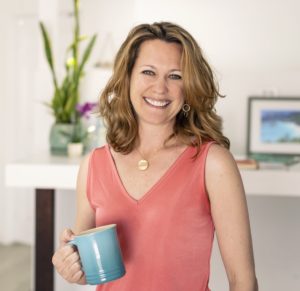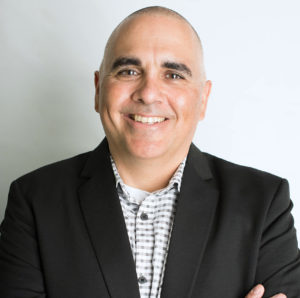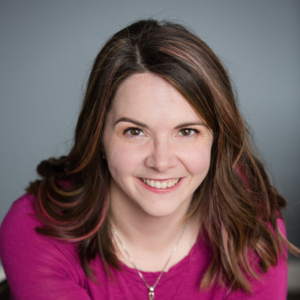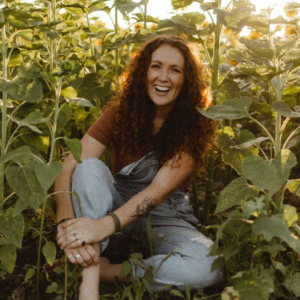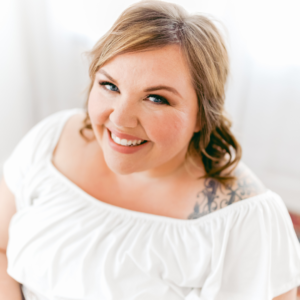I'm so excited to introduce you to this week's guest on Pep Talks for Side Hustlers, Kayse Morris of the CEO Teacher Podcast!
Kayse Morris helps teachers learn to leverage their teaching skills, existing expertise, and huge hearts so they can build a profitable and purposeful online teacher business.
Push play to listen to this week's episode, or read the full transcript below!

